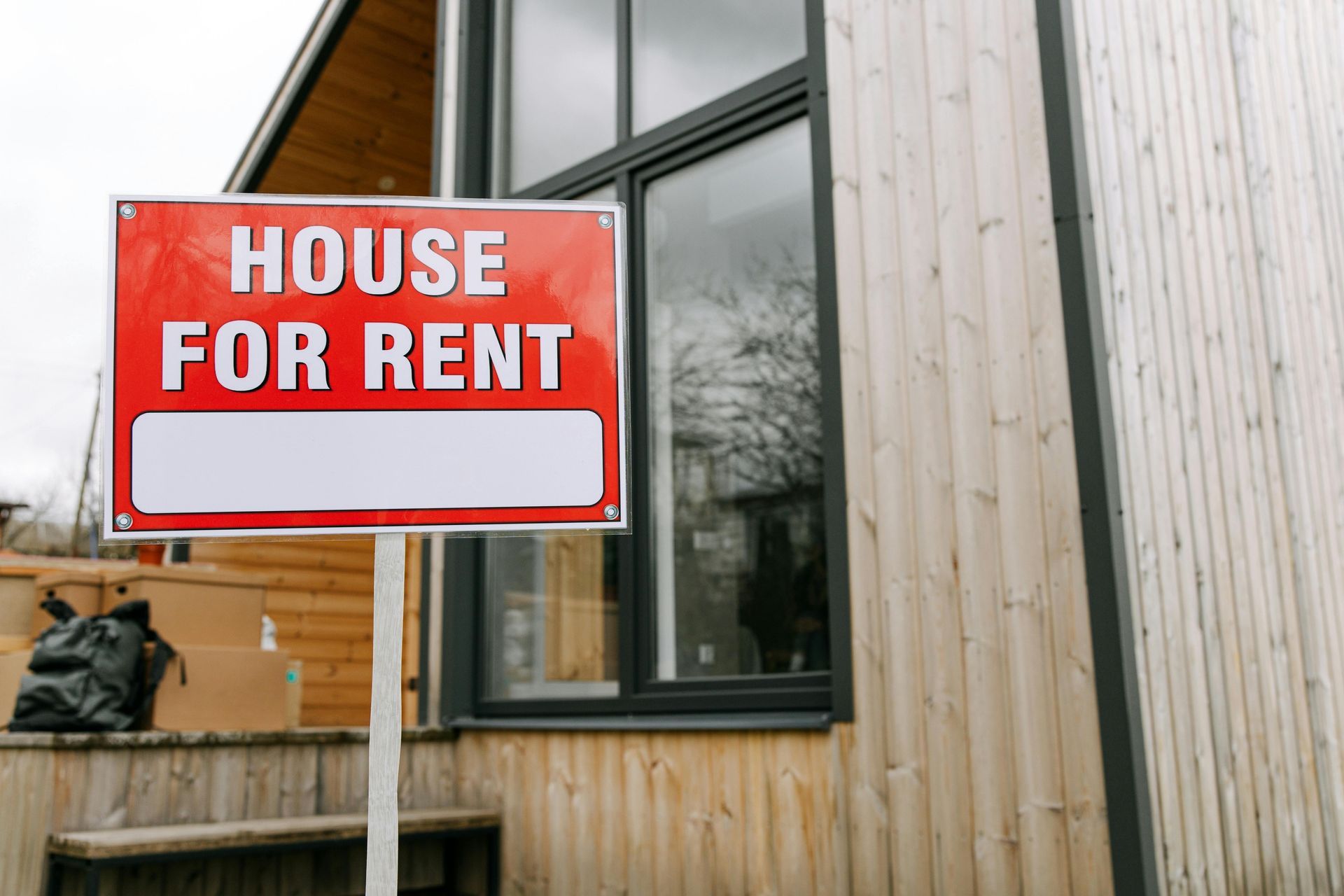What is a DSCR Loan?
A DSCR loan is a type of mortgage specifically designed for real estate investors, allowing them to qualify for financing based on the income generated by the property rather than their personal financial situation.

In the world of real estate investing, securing financing can be a crucial step towards building a successful portfolio. Traditional mortgage lenders often rely heavily on personal income and credit scores to assess borrower eligibility. But what if your investment property itself could be the key to unlocking financing? That's where DSCR loans come in.
DSCR stands for Debt Service Coverage Ratio. It's a metric used by lenders to assess the profitability of an investment property and the borrower's ability to repay the loan based on the property's rental income. A DSCR loan, therefore, is a type of mortgage specifically designed for real estate investors, allowing them to qualify for financing based on the income generated by the property rather than their personal financial situation.
How DSCR Loans Work
The core principle of a DSCR loan is simple: the property's rental income should be sufficient to cover the mortgage payments and other operating expenses. Lenders calculate the DSCR by dividing the property's net operating income (NOI) by its annual debt service. NOI is calculated by subtracting operating expenses from the property's gross rental income. Debt service refers to the total annual payments required to service the mortgage, including principal and interest.
For example, if a property generates $24,000 in annual rental income and has $12,000 in annual operating expenses, its NOI would be $12,000. If the annual mortgage payments are $10,000, the DSCR would be 1.2 ($12,000 NOI / $10,000 debt service). Lenders typically require a minimum DSCR, often around 1.25, to ensure the property generates sufficient income to cover the loan payments comfortably.
Benefits of DSCR Loans
DSCR loans offer a compelling alternative to traditional financing, opening doors for real estate investors who may not fit the conventional mold. These loans shift the focus from the borrower's personal financial situation to the income-generating potential of the property itself, creating opportunities for those who may have lower personal incomes or less-than-perfect credit scores but have identified promising investment opportunities.
One of the key advantages of DSCR loans is their flexibility. Unlike traditional mortgages that often require extensive documentation of personal income, employment history, and tax returns, DSCR loans streamline the application process by focusing primarily on the property's ability to generate income. This can be a significant advantage for self-employed individuals, foreign nationals, or those with complex financial situations who may find it challenging to meet the stringent requirements of conventional loans.
Furthermore, DSCR loans can be used to finance a variety of investment properties, from single-family homes and multi-unit dwellings to commercial properties, allowing investors to diversify their portfolios and expand their real estate holdings. This flexibility makes DSCR loans a versatile tool for investors seeking to capitalize on different segments of the real estate market.
Another compelling benefit of DSCR loans is their potential for faster approvals. The streamlined application process and emphasis on property income can significantly expedite the approval timeline, allowing investors to seize opportunities quickly in the competitive real estate market. This can be particularly advantageous in situations where speed is of the essence, such as bidding wars or time-sensitive investment opportunities.
In essence, DSCR loans provide a valuable pathway for real estate investors seeking to leverage property income and build a successful and profitable portfolio. They offer a unique blend of flexibility, accessibility, and efficiency, empowering investors to navigate the complexities of real estate financing and achieve their investment goals.
Who Can Benefit from DSCR Loans?
While DSCR loans are particularly attractive to real estate investors seeking to acquire rental properties or expand their portfolios, their unique characteristics make them a viable option for a wider range of borrowers who may find traditional mortgage requirements challenging or restrictive.
Self-employed individuals, for example, often face hurdles in securing traditional financing due to the fluctuating nature of their income and the complexities of documenting their financial situation through tax returns and pay stubs. DSCR loans offer a welcome alternative, shifting the focus from personal income to the property's income-generating potential. This allows self-employed entrepreneurs, freelancers, and small business owners to leverage their investment savvy and secure financing based on the strength of their real estate ventures.
Foreign nationals, who may not have established a US credit history or possess extensive financial documentation in accordance with US lending standards, can also benefit from DSCR loans. These loans provide a pathway to homeownership or investment property acquisition, allowing foreign nationals to participate in the US real estate market and build a financial foundation in their new country.
Retirees, often facing limited income streams but possessing significant equity in their homes, can also leverage DSCR loans to achieve their financial goals. Whether it's supplementing retirement income, funding healthcare expenses, or assisting family members with down payments, DSCR loans can unlock the value of their homes without requiring them to sell or relocate.
In essence, DSCR loans democratize access to real estate financing, catering to a diverse range of borrowers who may not fit the traditional mold. They provide a flexible and accessible pathway to homeownership and investment opportunities, empowering individuals to achieve their financial goals and build a secure future.
Finding the Right Lender and Navigating the DSCR Loan Process
Securing a DSCR loan requires careful navigation of the lending landscape, as not all lenders offer this specialized financing option. It's essential to shop around and find a lender who understands the nuances of DSCR loans and caters to the needs of real estate investors. Many banks, credit unions, and private lenders offer DSCR loan programs, each with its own set of terms, conditions, and qualifying criteria.
Before committing to a lender, it's crucial to conduct thorough research and compare interest rates, fees, loan terms, and lender requirements. Consider factors such as the loan-to-value ratio, the minimum DSCR requirement, and the lender's experience with investment property financing. Don't hesitate to ask questions and seek clarification on any aspects of the loan process to ensure you're making an informed decision that aligns with your investment goals.
Once you've identified a suitable lender, it's time to gather the necessary documentation to support your loan application. Lenders will typically require a recent appraisal to determine the property's market value, a rent roll to demonstrate the current rental income generated by the property, and copies of lease agreements with tenants to verify the stability of the income stream. You'll also need to provide documentation of the property's operating expenses, such as property taxes, insurance, and maintenance costs, to demonstrate the property's profitability and your ability to manage its financial obligations.
By understanding the mechanics of DSCR loans, their benefits, and the qualification requirements, you can confidently navigate this financing option and unlock new opportunities in the world of real estate investing. DSCR loans provide a valuable pathway for investors seeking to leverage property income and build a successful and profitable portfolio, expanding their real estate holdings and achieving their financial goals.




